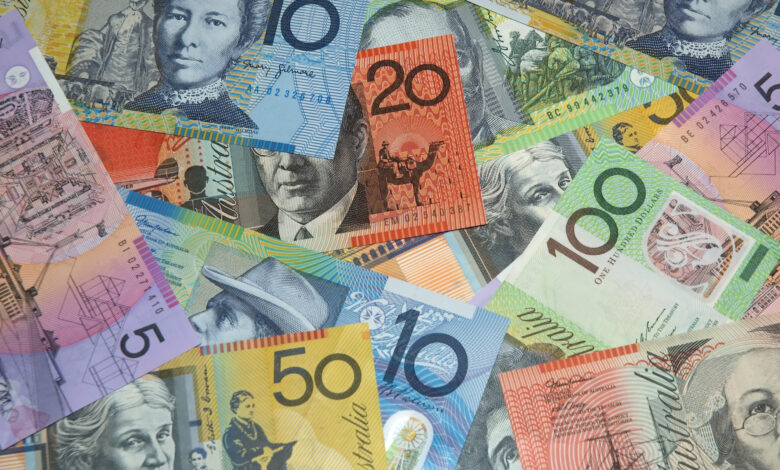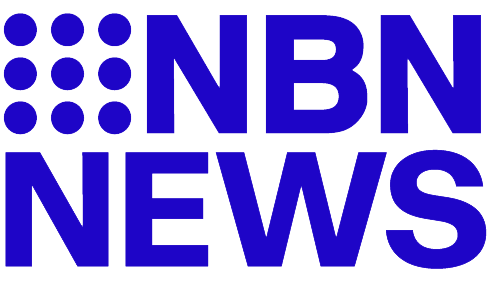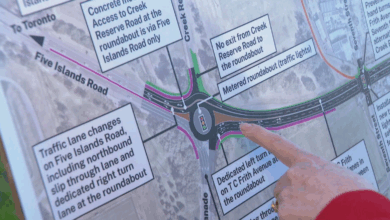Tax cuts to energy price cuts and bigger internet bills: Everything that’s about to change on July 1

Next Monday, July 1 doesn’t just mean tax time – there’s a raft of prices, policies and payments that change with the new financial year that will have a considerable impact on your hip pocket.
Some, such as welfare indexation, happen every year, or sometimes even more frequently, while others, like stage 3 tax cuts and energy bill relief, are major one-off changes.
Here’s a run-down of what’s changing this coming Monday, and what impact each of the measures will have on you.

Stage 3 tax cuts
They’ve been in the works for six months, and now the stage 3 tax cuts are finally coming into effect on July 1.
Rather than a big lump-sum payment like some other tax relief, the tax cuts will mean you get to take home more of your salary every payday because less of it will be lost to the tax office, effectively giving you a pay rise.
Minimum wage increase
From effective pay rises to literal ones, about 2.6 million Australians will get a raise on July 1 when the minimum wage increases by 3.75 per cent, up from $23.23 an hour to $24.10.
For someone working a full-time week of 38 hours, that’s an extra $33 per week.
Extra paid parental leave
Under the federal government’s changes to paid parental leave, eligible parents will get access to an extra two weeks of publicly funded leave, bringing the total up to 22.
That figure will increase by another two weeks in both 2025 and 2026.
Superannuation increase
The superannuation guarantee will increase on July 1 from 11 to 11.5 per cent, putting more money into the super accounts of full-time, part-time and casual workers.
The guarantee is the minimum amount of an employee’s base earnings an employer has to pay as super. Like paid parental leave, it will increase again on July 1, 2025.
Energy bill relief
One of the government’s key federal budget announcements was $300 in energy bill relief for every household this coming financial year.
This will be in the form of four $75 rebates – one each quarter – that will automatically be applied to your bills.

(Mostly) cheaper energy bills
While we’re on the topic of energy bills, a huge chunk of Australia’s population will pay less for their power from July 1.
The reason is new default market offers (DMO) coming into effect for New South Wales, Victoria, South Australia, and South-East Queensland.
For the most part, those DMOs, off which energy prices are referenced, are falling thanks to lower wholesale prices.
For households in NSW, they’ll drop by between 0.2 and 5.9 per cent, depending on where exactly in the state someone is and whether they’re using controlled load, for Victoria it’s between 3.3 and 7.3 per cent, and South Australia 1 and 2.2 per cent.
Rent assistance increase
Commonwealth Rent Assistance will go up by 10 per cent in a move that will help out about 1 million households, according to the government.
This year’s increase comes on the back of a 15 per cent rise last year – the first back-to-back boosts in more than 30 years.
Welfare payments increase
More than two million Australians will benefit when a raft of welfare payments, including family payments and pensions, will increase through the next instalment of quarterly indexation.
NBN price changes
All of the changes so far have been welcome news, offering some relief during the cost-of-living crisis. The next couple are less so.

First up, internet: it’s getting more expensive. Thanks to wholesale NBN price increases of between $2.22 and $2.52 a month, many households will have to pay more for their existing plans – although some are getting cheaper.
The exact out-of-pocket costs vary depending on your provider and what plan you’re on. Telstra, for example, is increasing its 25 mbps plan by $4 a month and its 50 mbps plan by $5.
More expensive passports
Next up, the cost of going overseas is going to rise thanks to an increase in passport fees. A 10-year adult passport will soon set you back $398, up from the current $346.
Engineered stone ban
The ban has been introduced because engineered stone is full of crystalline silica which, when cut, ground, polished or drilled, produces dust that causes deadly illnesses like silicosis and lung cancer.
Housing targets begin
The housing crisis is one of the biggest issues facing Australia today, and on Monday a new effort to address it will officially begin.
The push is the federal government’s housing targets, which have set the goal of building 1.2 million new homes by the end of June 2029.




